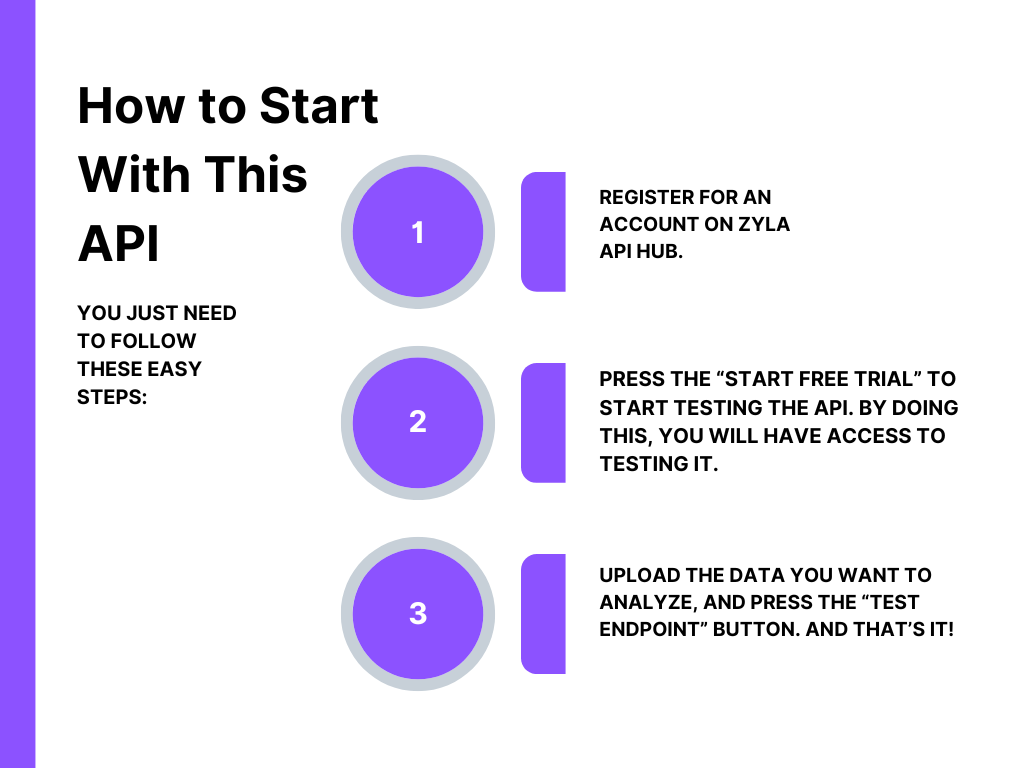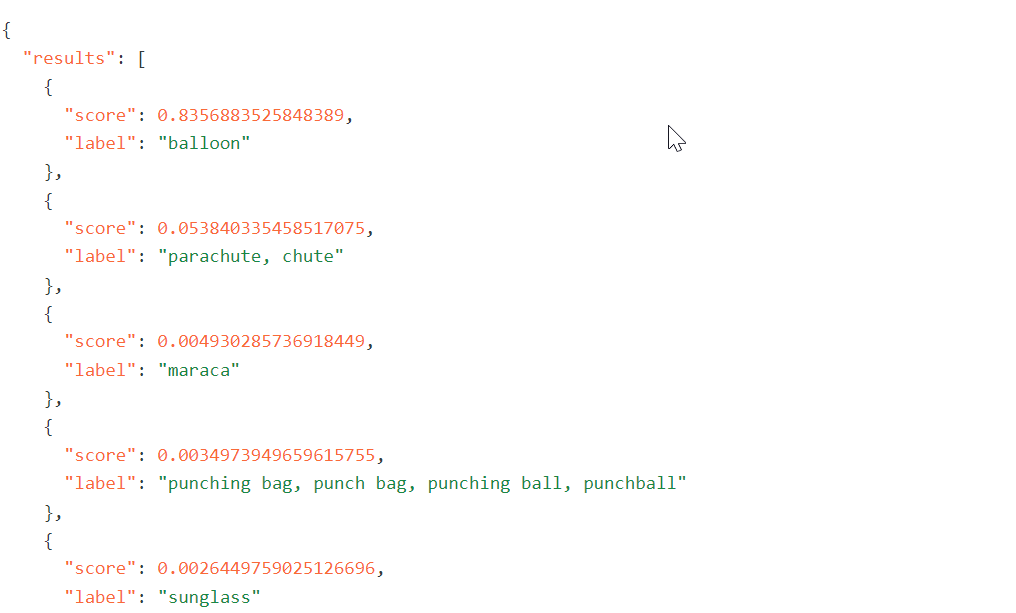In the ever-evolving landscape of technology, the power of automation has become increasingly evident, transforming the way businesses operate and developers create. One area that has significantly benefited from automation is image analysis, a process crucial for various industries such as e-commerce, manufacturing, healthcare, and more. With the advent of Google object detection APIs, developers now have an incredibly powerful tool at their disposal to streamline and enhance image analysis processes, revolutionizing the way visual data is interpreted and utilized.
Object recognition, a subset of computer vision, involves the identification and classification of objects within images or videos. This capability holds immense potential across diverse domains, from identifying defective products in a manufacturing line to assisting doctors in diagnosing medical conditions. Traditionally, object recognition required complex algorithms and considerable computational resources. However, with the emergence of Google object detection APIs, the barriers to entry for implementing such technology have significantly lowered, making it accessible to developers of varying expertise levels.
Empowering Developers with Object Recognition API

The Object Recognition API empowers developers by automating the intricate process of identifying and categorizing objects within images. This automation drastically reduces the time and effort required to develop and deploy object recognition models from scratch. Instead of spending countless hours fine-tuning algorithms, developers can now integrate pre-trained models into their applications, saving valuable time that can be redirected toward refining other aspects of their projects.
Benefits for Developers

Rapid Development: Object Recognition API significantly expedites the development process. By utilizing pre-trained models and cloud-based services, developers can skip the resource-intensive training phase and jump straight into implementing the technology.
Cost-Effectiveness: Developing and maintaining an in-house object recognition system demands substantial financial resources. Object Recognition API operates on a pay-as-you-go model, allowing developers to leverage advanced capabilities without the upfront costs associated with building and managing infrastructure.
Scalability: Whether you’re dealing with a small-scale application or a large enterprise project, Object Recognition API offers scalability without the headaches of hardware upgrades and software optimizations. The cloud-based nature of these services ensures that your application can handle varying workloads seamlessly.
Quality and Accuracy: Object Recognition APIs are often powered by deep learning models trained on massive datasets. This translates to higher accuracy in object identification, reducing false positives and negatives that could occur with less sophisticated systems.
Flexibility: Developers can integrate Object Recognition API into a wide range of applications, from mobile apps to web platforms, allowing them to cater to different user preferences and needs.
Start With This API By Following These Steps

See the test that follows to examine how this API functions. In this case, after sending a photo of cars to the test endpoint, you can see the score of the recognized items.

The Object Recognition API landscape is not just about automating image analysis; it’s about democratizing access to cutting-edge capabilities that can reshape industries and drive progress. So, whether you’re a seasoned developer or just stepping into the world of computer vision, embracing Object Recognition APIs can truly automate and elevate your image analysis endeavors.

